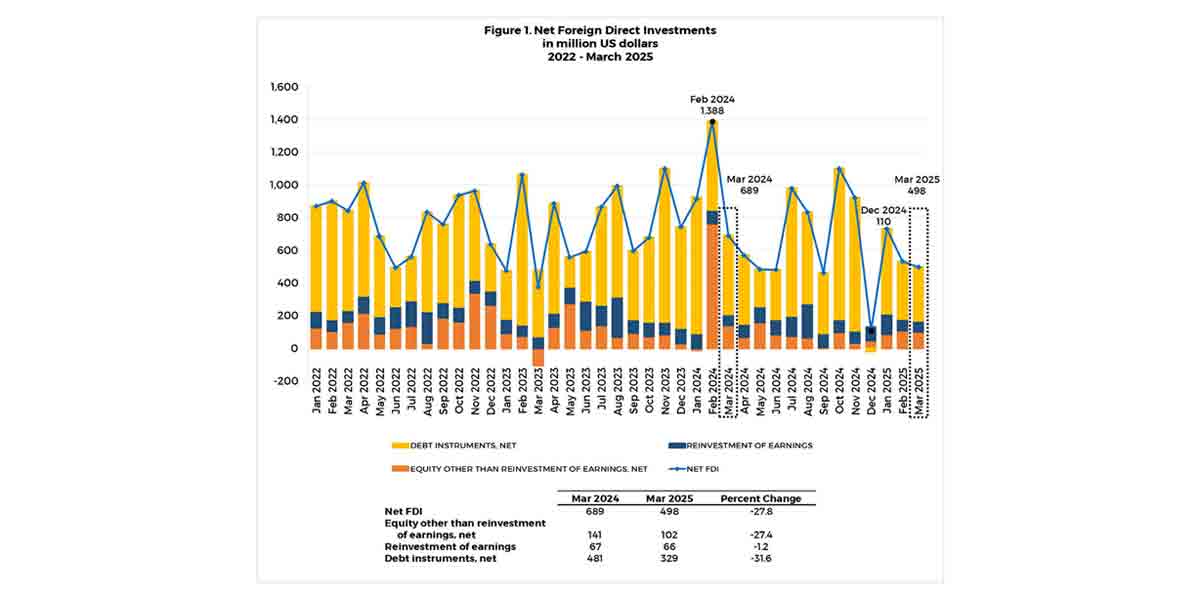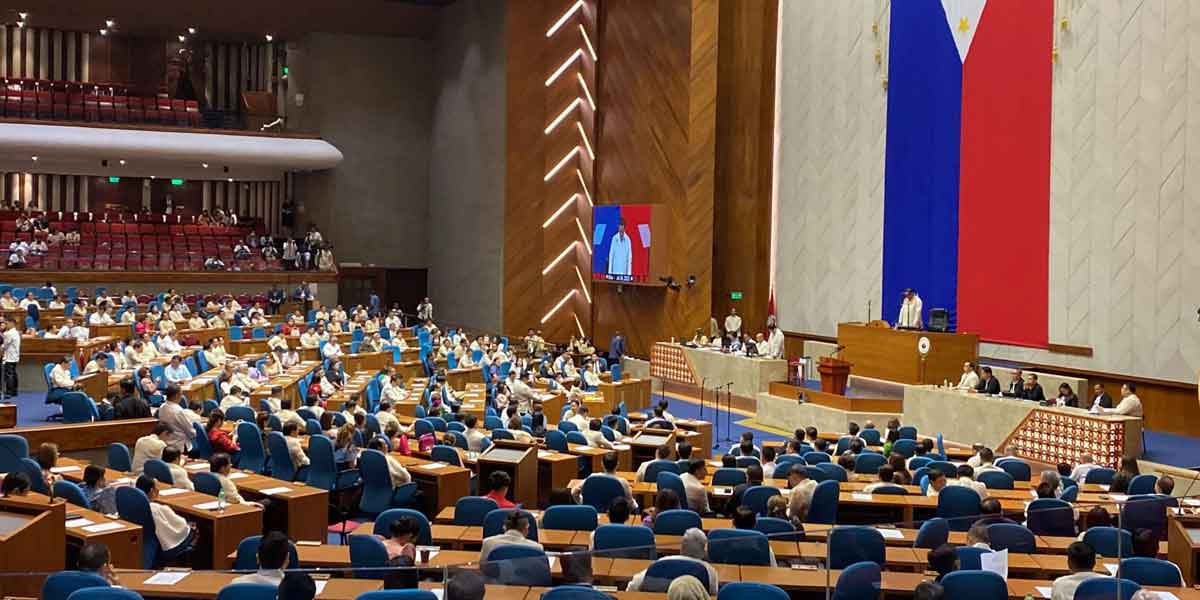By Michael Henry Yusingco, LL.M
The looming impeachment trial of Vice President Sara Duterte compels us to once again turn to the 1987 Constitution as the basic and paramount law that governs both the governed and those who govern. Amid rising political noise, institutional tension, and public opinion battles, one principle must stand firm: the constitution is supreme, and its words are not subject to the whim of politics, popularity, or power.
Unfortunately, more than 80% of the population know very little about our constitution. Some of these people are now in positions of power. Most lawmakers would actually belong to this group. Arguably, given his latest moves and pronouncements, even the President might also be part of this shameful majority. Fortunately, this intense public discourse on the impeachment of VP Duterte is a great opportunity to learn a fundamental tool which we can use to study our 1987 Constitution.
The constitution occupies a unique and exalted place in the hierarchy of laws. It is the fundamental and paramount law to which all other laws must bend and from which all government powers are derived. It is not merely a legal document—it is the embodiment of a nation’s foundational values. For this reason, all persons, including the highest officials in government, must yield to its authority. No position, no office, no institution stands above it.
In understanding the constitution, there is a cardinal rule in statutory construction that serves as a first and decisive starting point: when the language of the law is clear, free from doubt or ambiguity, interpretation is unnecessary and even improper. This is the plain-meaning rule, or verba legis. The law says what it means and means what it says. No one, not even a Senate President, can stretch or shrink clear language based on what they think the law should have said or intended.
This principle protects the integrity of the law and ensures predictability and consistency. It is a bulwark against arbitrary interpretations. If judges or officials were free to insert meaning where none was needed, the rule of law would give way to the rule of personal discretion. That is precisely why verba legis non est recedendum—from the words of a statute there should be no departure—is both a caution and a command. It anchors legal analysis to what is written, not what is imagined.
To be sure, not all provisions are self-executing or perfectly phrased. Language can be imperfect. Where words admit of two or more reasonable interpretations, then judicial intervention becomes not just permissible but necessary. That is when legislative intent, history, public policy, and reasoned analysis come into play. But this interpretive space is not the default. It is an exception triggered only when the text alone cannot resolve the issue at hand.
In recent years, however, the boundaries between interpretation and legislation have grown increasingly blurred. Some courts and commentators adopt overly liberal readings, sometimes driven by ideology or perceived moral imperatives. While well-meaning, such approaches risk undermining the text’s authority and, by extension, the constitution’s supremacy. If legal interpretation becomes a vehicle for rewriting laws under the guise of understanding them, the rule of law becomes elastic—subject to the shifting winds of political or personal belief.
The plain-meaning rule acts as a corrective to this drift. It compels fidelity to the text and discipline in legal reasoning. It preserves the separation of powers by ensuring that courts do not usurp the law-making role of legislatures. It also strengthens public trust: when laws say what they mean, citizens can rely on them. When words are honored, accountability becomes possible.






















